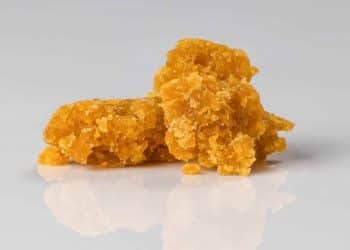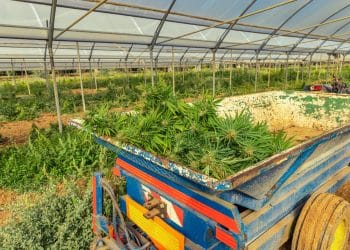Congress has introduced the Hemp and Hemp-Derived CBD Consumer Protection and Market Stabilization Act of 2020, or H.R. 8179, bringing the hemp and cannabidiol (CBD) industries one step closer to entering the mainstream dietary supplement marketplace.
The bill was introduced last September by Democrat Rep. Kurt Schrader of Oregon and has yet to pass through Congress.
Schrader’s bill would place “hemp, cannabidiol derived from hemp, and any other ingredient derived from hemp” under the auspices of the Federal Food, Drug, and Cosmetic Act as a “dietary ingredient in a dietary supplement, and for other purposes.”
The U.S. Food and Drug Administration (FDA) has previously ruled that cannabis and its derivatives (including CBD) do not legally fall under the Federal Food, Drug and Cosmetic Act. The FDA has therefore warned companies for marketing CBD as a dietary supplement.
The only cannabis-derived product to receive FDA approval is Epidiolex, developed by GW Pharmaceuticals to treat rare forms of epilepsy. GW Pharmaceuticals is reportedly engaged in an intellectual property lawsuit against Canopy Growth.
While the 2018 Farm Bill legalized the industrial production of hemp, it did not amend the FDA’s current stance on CBD—whether dietary supplements, food, cosmetics, etc. New York City is among locations that have consequentially banned CBD edibles. According to Schrader’s Congressional website, the new legislation offers “much-needed stability and an economic boost to hemp farmers in a quickly evolving and expanding industry.”
Photo courtesy of Unsplash, Kimzy Nanney












